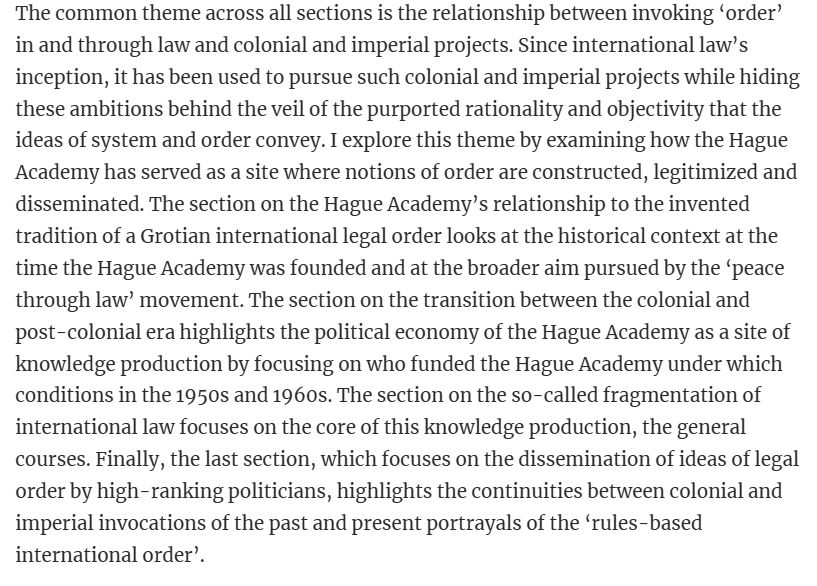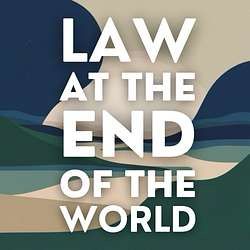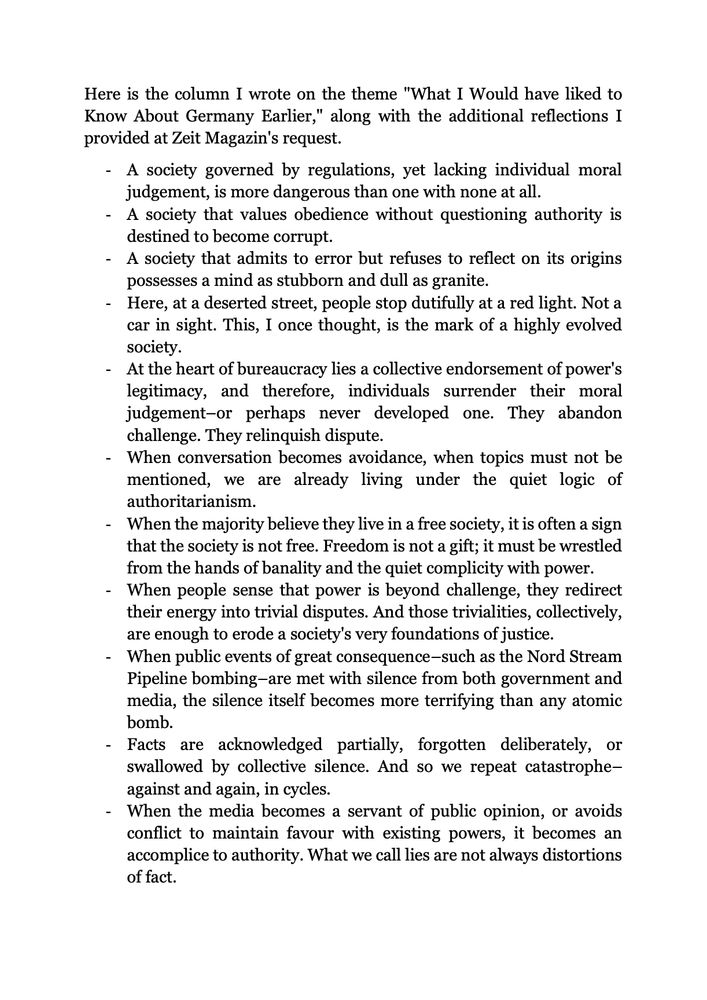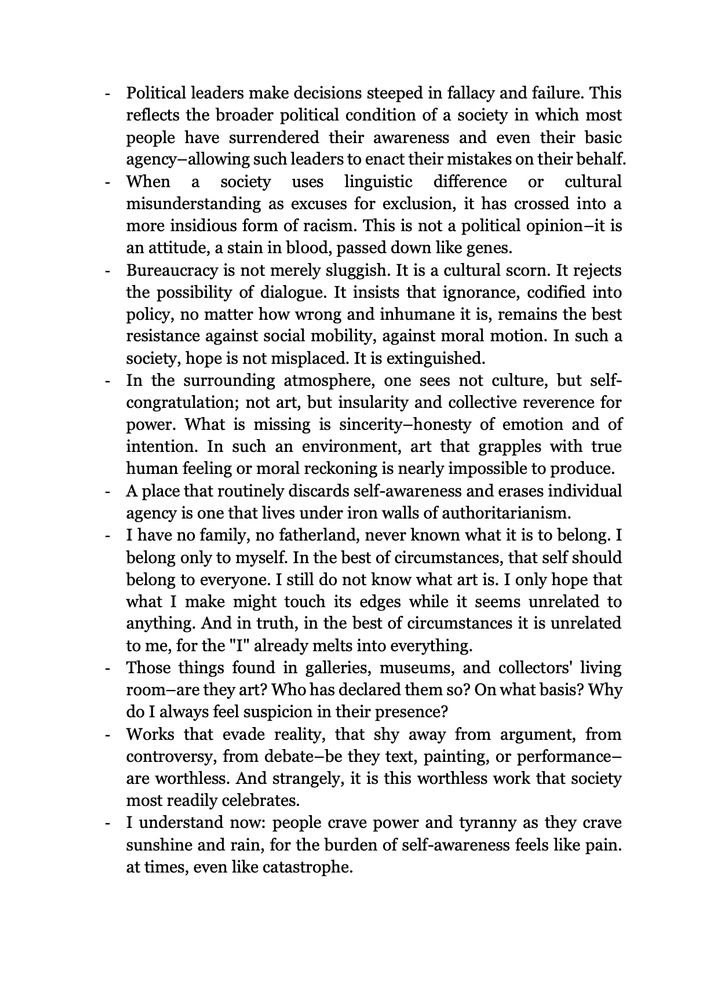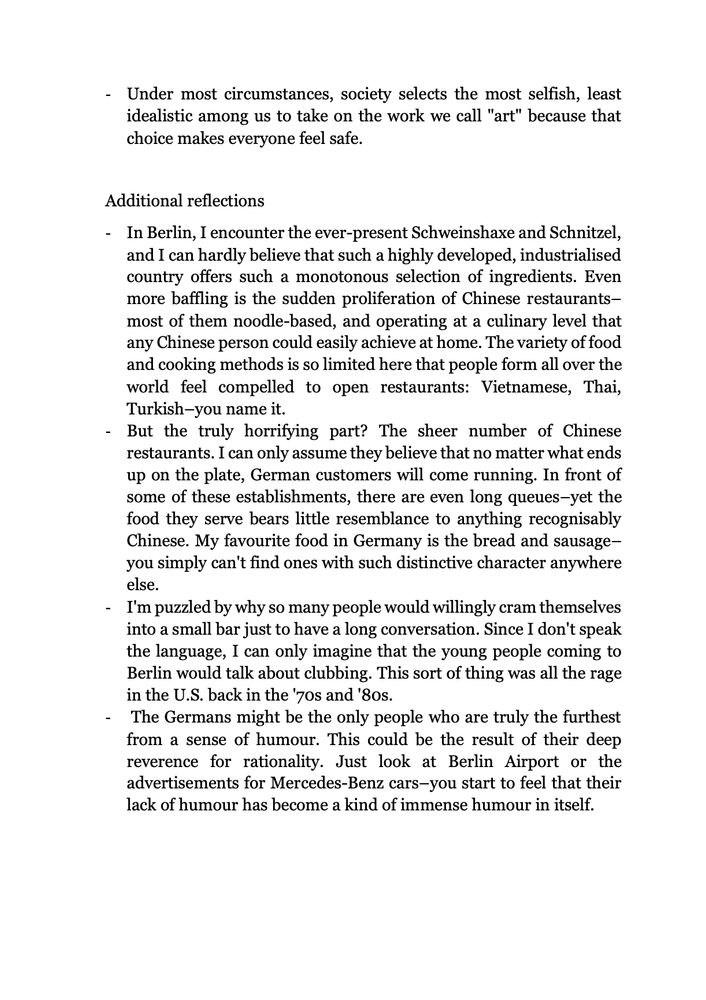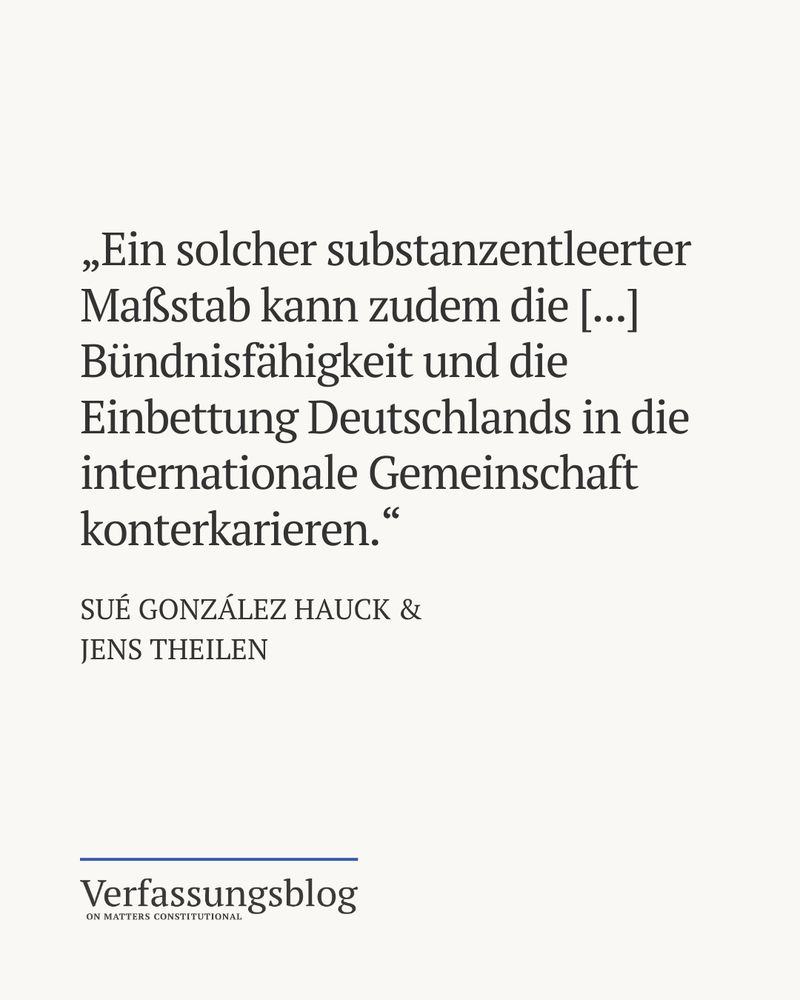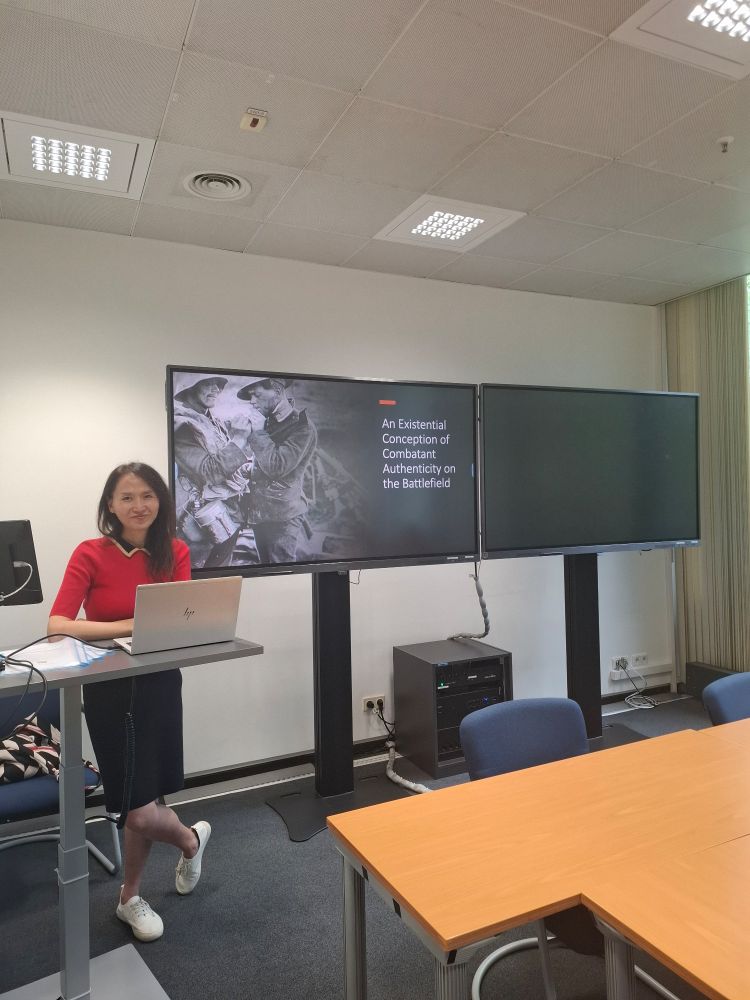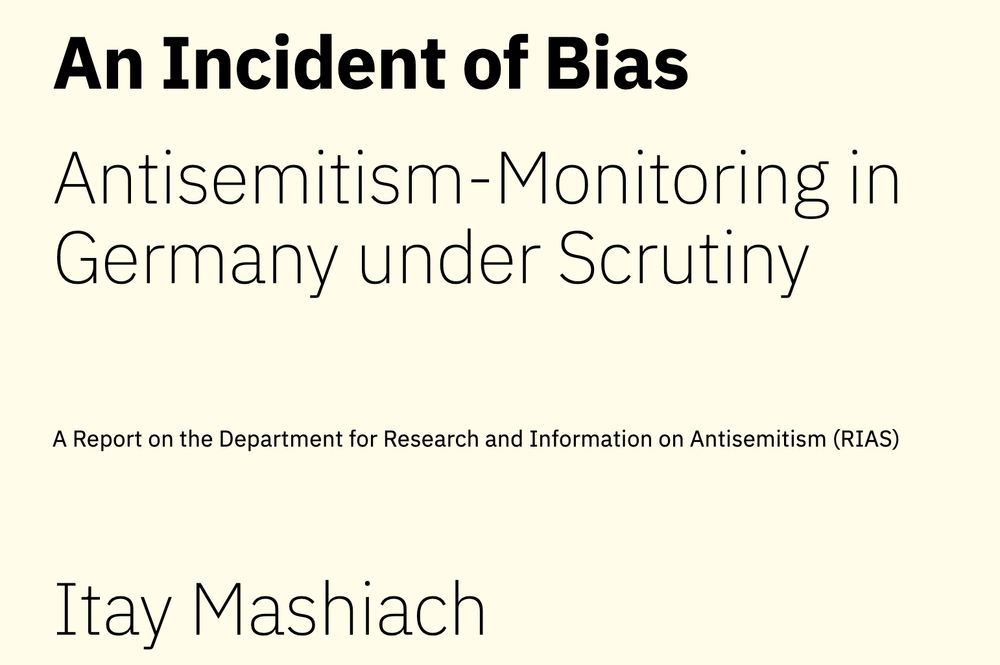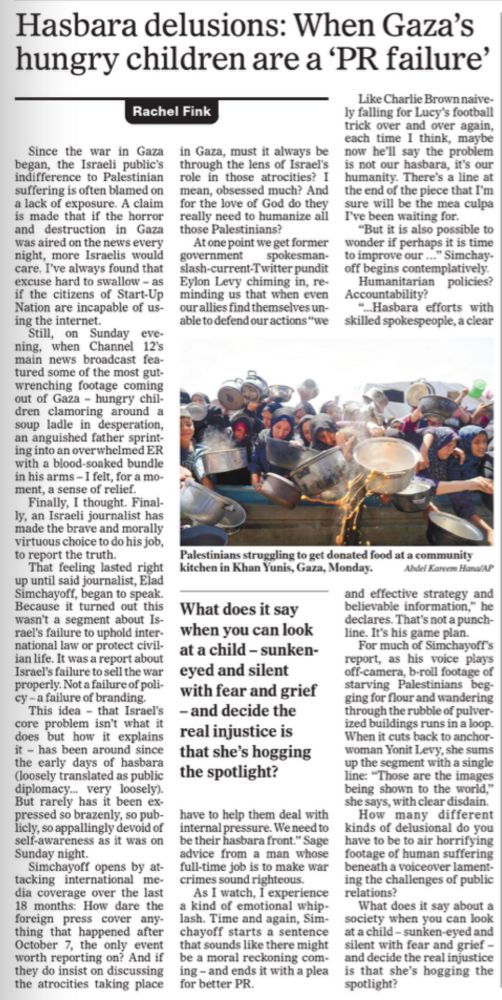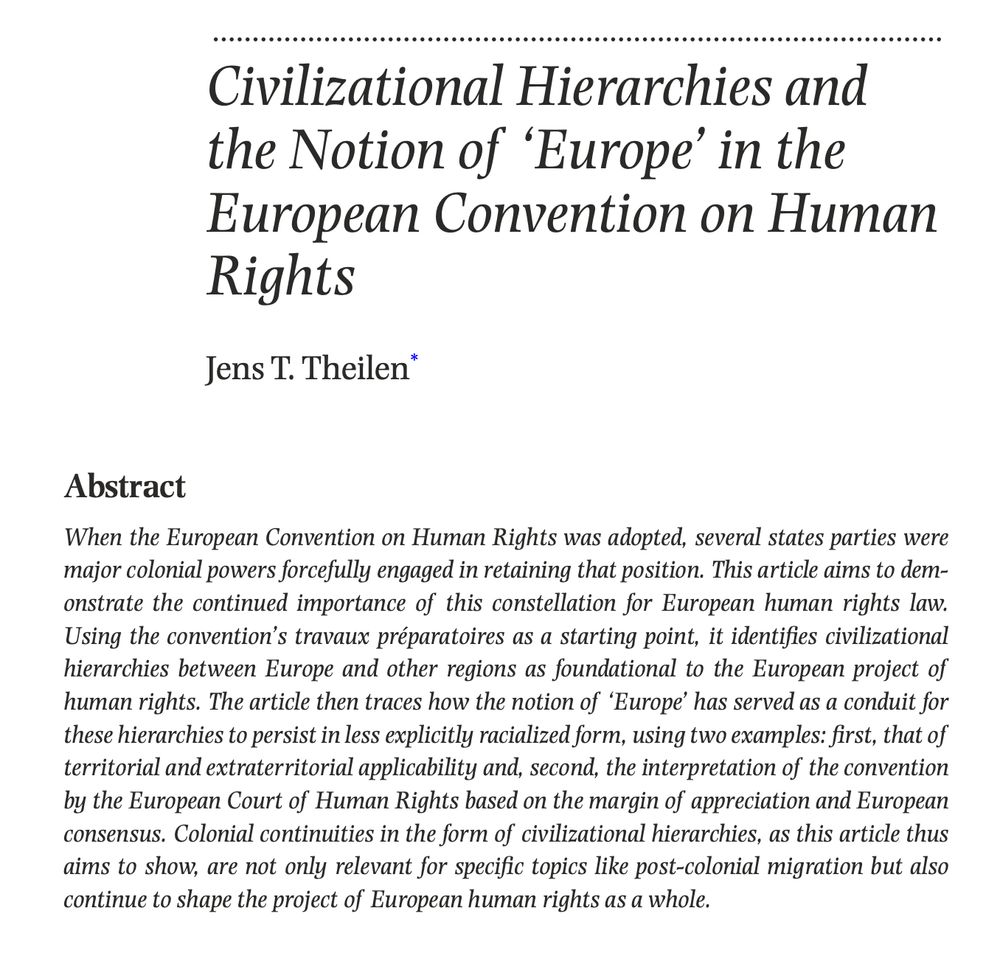Sué González Hauck
@gonzalezhauck.bsky.social
3.6K followers
4K following
48 posts
Legal scholar interested in (critiques of) international and European law | Co-editor of first open IL textbook https://www.taylorfrancis.com/books/oa-edit/10.4324/9781003451327/public-international-law-su%C3%A9-gonz%C3%A1lez-hauck-raffaela-kunz-max-milas
Posts
Media
Videos
Starter Packs
Pinned
Reposted by Sué González Hauck
Reposted by Sué González Hauck
Reposted by Sué González Hauck
Reposted by Sué González Hauck
Reposted by Sué González Hauck
Reposted by Sué González Hauck
Reposted by Sué González Hauck
Reposted by Sué González Hauck
Reposted by Sué González Hauck
Reposted by Sué González Hauck
FID intRecht
@intrecht.bsky.social
· Jun 17
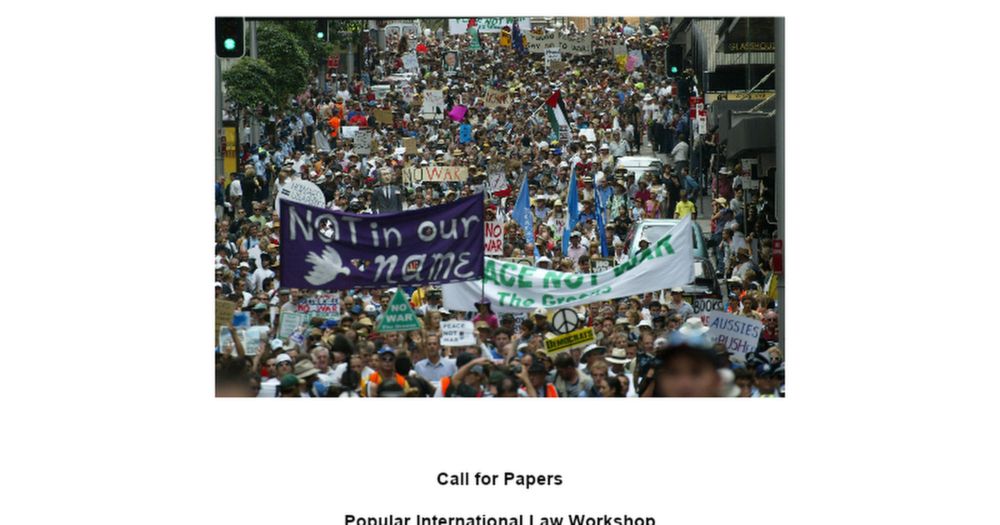
CfP Popular International Law Workshop
Call for Papers Popular International Law Workshop International law has a vibrant life as a popular and public language. From the mass protests about an ‘illegal war’ in Iraq in 2003, to the multifa...
docs.google.com
Reposted by Sué González Hauck
Reposted by Sué González Hauck
Jens Theilen
@jtheilen.bsky.social
· Jun 3
Reposted by Sué González Hauck
Reposted by Sué González Hauck
Reposted by Sué González Hauck
elia ayoub 🌱
@ayoub.bsky.social
· May 6
Reposted by Sué González Hauck
Reposted by Sué González Hauck
Reposted by Sué González Hauck
Reposted by Sué González Hauck
Reposted by Sué González Hauck
Reposted by Sué González Hauck

